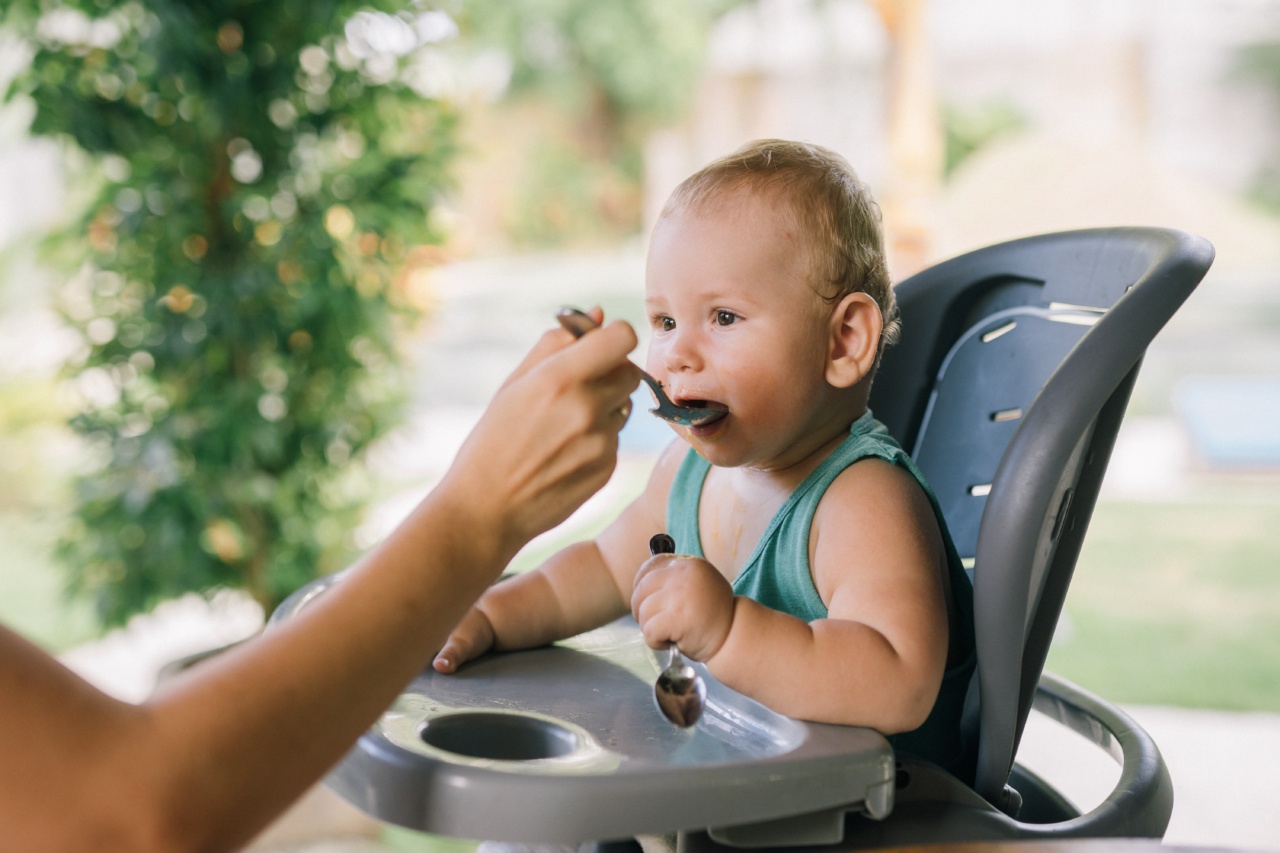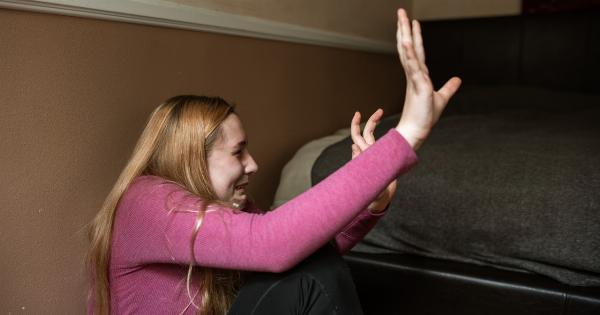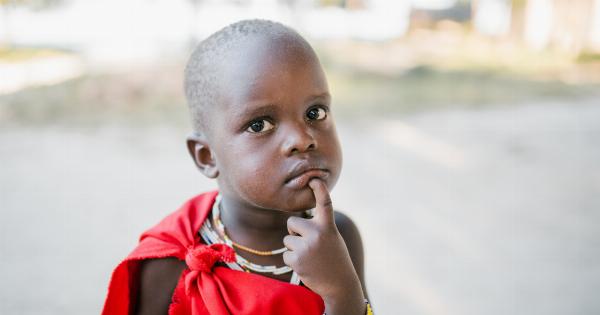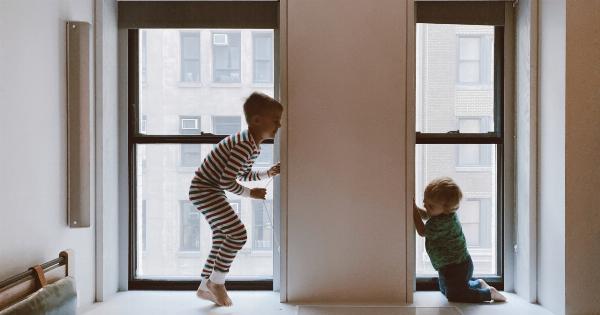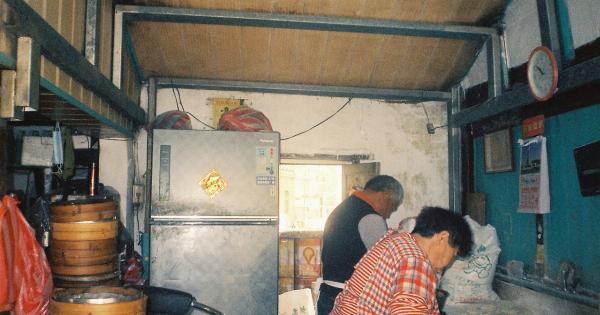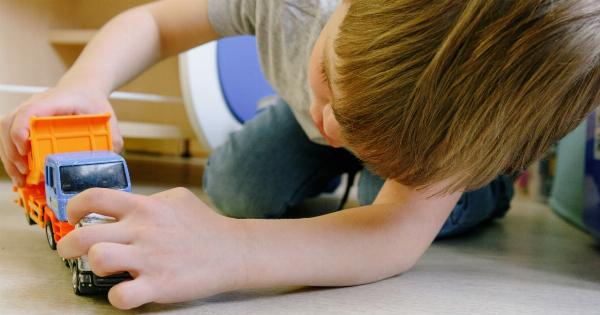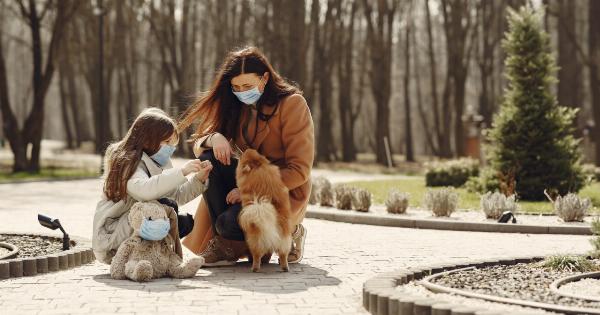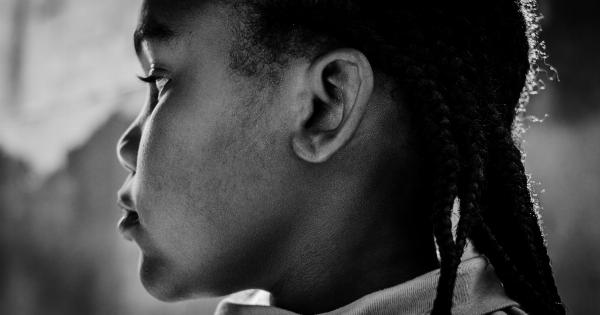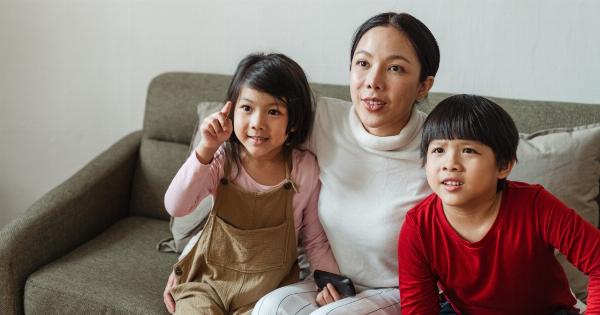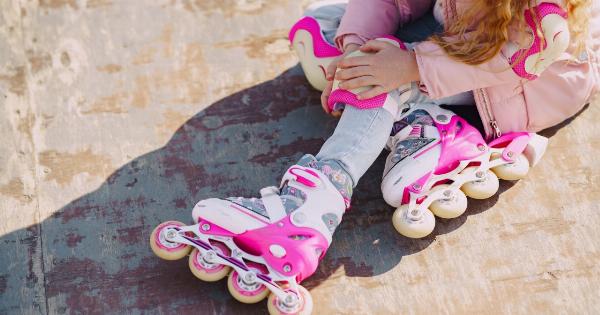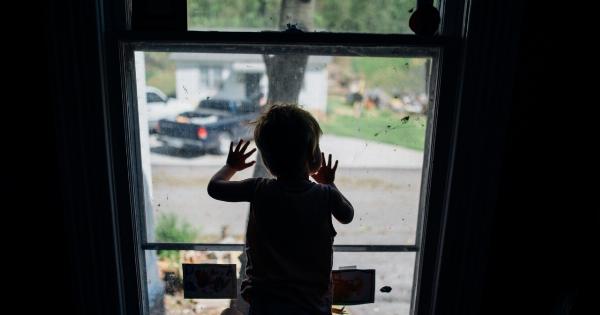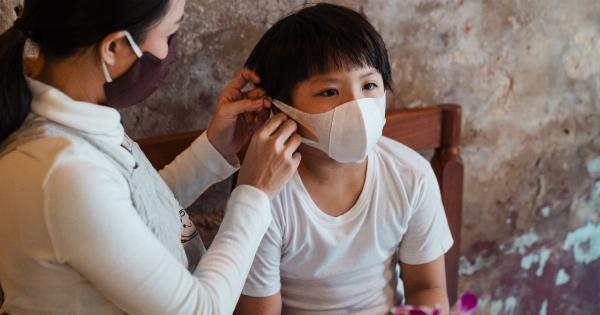As a parent or caregiver, watching a child suddenly lose consciousness can be a scary experience. Whether it’s due to a medical emergency or an accidental injury, knowing what to do in this situation can be critical for the child’s wellbeing.
Symptoms of Loss of Consciousness in Children
Loss of consciousness in children can manifest in several ways. The child may become unresponsive and limp, or they may be shaking or convulsing.
They may also experience a sudden loss of muscle tone, leading to slurred speech or an inability to move about normally.
Causes of Loss of Consciousness in Children
There are several potential causes of loss of consciousness in children:.
- Head injuries or concussions
- Seizures or epilepsy
- Low blood sugar or dehydration
- Allergic reactions or anaphylaxis
- Choking or suffocation
- Heat stroke or exhaustion
Immediate Response
If your child loses consciousness, the most important thing is to stay calm. Call for medical help immediately, even if the child wakes up after a few seconds. You should also:.
- Lay the child on their back and check their breathing.
- If the child is not breathing, begin CPR quickly but gently, taking care not to cause further injury.
- If the child is breathing, turn them onto their side in the recovery position to prevent choking or aspiration.
- Stay with the child until emergency responders arrive.
Preventing Loss of Consciousness from Happening Again
If your child has a medical condition that caused them to lose consciousness, it’s important to follow their doctor’s treatment plan. This may involve medication, lifestyle changes, or other interventions.
If your child lost consciousness due to an accident or injury, take steps to prevent it from happening again:.
- Childproof your home and supervise your child carefully to prevent falls or other accidents.
- Ensure your child wears a helmet when riding a bike or participating in sports.
- Teach your child about the dangers of drugs and alcohol, as substance abuse can lead to loss of consciousness.
- Make sure your child stays hydrated, especially during hot weather or physical activity.
Conclusion
Loss of consciousness in children can be frightening, but knowing how to respond quickly and calmly can help ensure the best possible outcome.
By taking steps to prevent loss of consciousness and seeking medical care promptly if it does occur, you can help keep your child safe and healthy.
